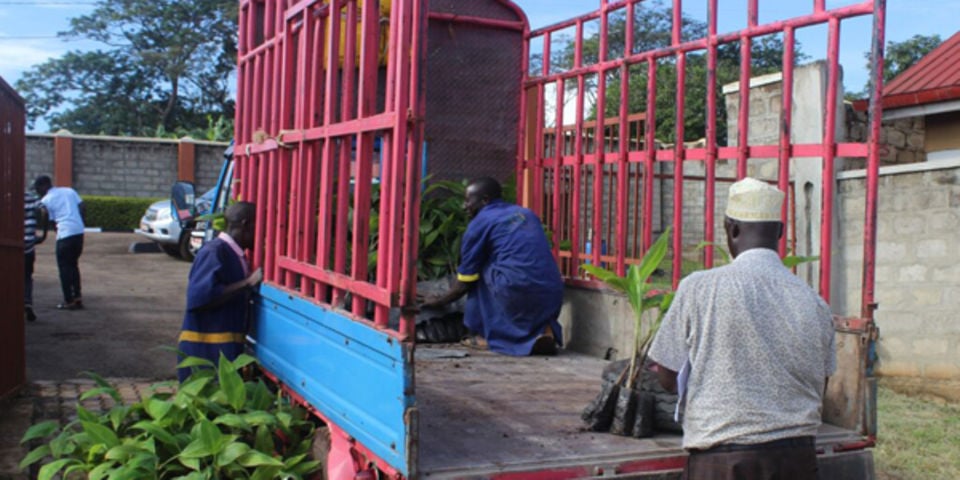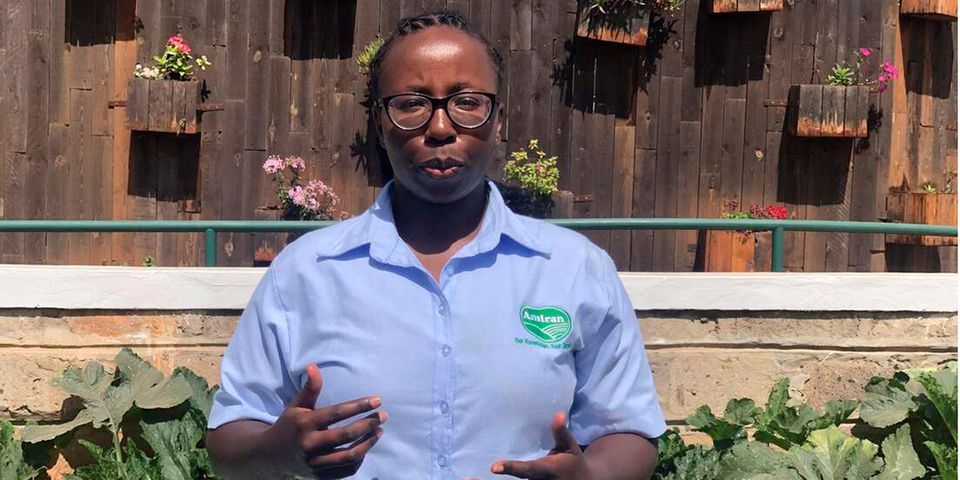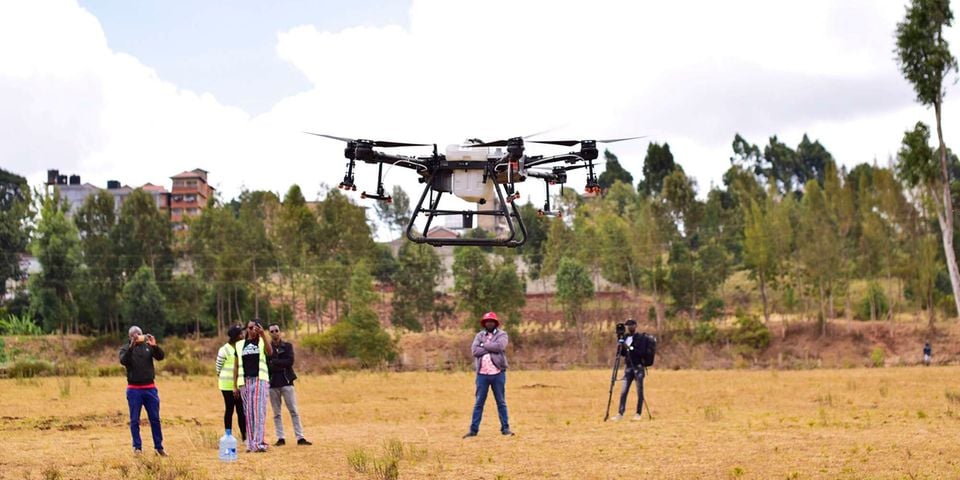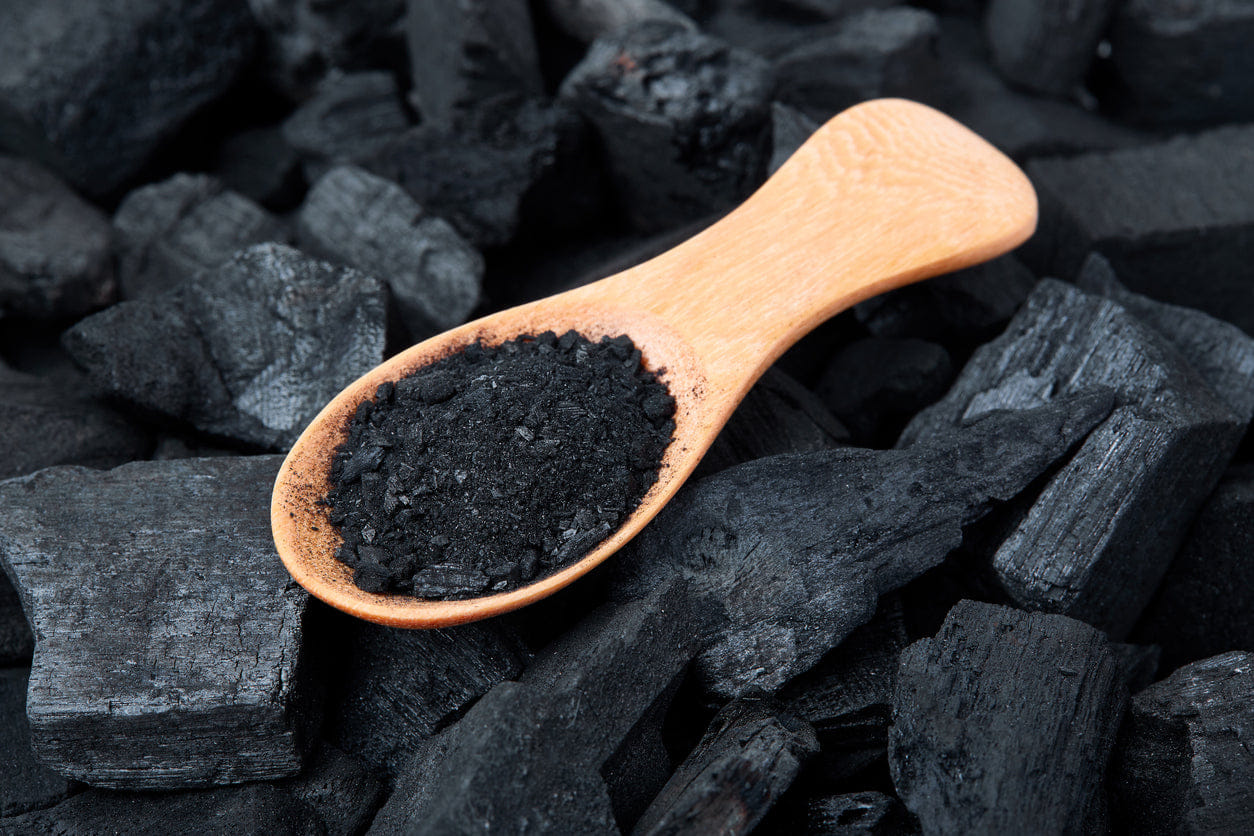Thanks to increasing demand and enticing market costs, banana farming is gaining momentum. Most farmers continue to use suckers as planting material as it needs less inputs and therefore the suckers are often planted forthwith within the field.
Banana weevils and nematodes also are common in crops planted from suckers. Moreover, virus-like banana streak and clustered high sickness also are unfold through suckers.
Given these inadequacies, tissue-culture bananas have been introduced by scientists. Tissue-culture technique, also known as micro-propagation, allows multiplication of uniform and high quality plant clones since they inherit the properties of the parent plant physically and genetically. As a result, healthy, virus-free and uniform seedlings are made.
Dr Asher Wilson Okurut, an agronomist at the National Agricultural Research Laboratories – NARL Kawanda explains that most of the people mistake tissue-culture for genetically changed product.
Buying seedlings
Tissue culture banana seedlings have been proven to be of high quality and free of diseases. Seedlings are available at NARL Kawanda as the only source of tissue cultured planting materials in Uganda.
Erostus Njuki Nsubuga, who runs a tissue culture laboratory, Agro-Genetic Technologies (AGT) says such seedlings can enhance resistance to diseases.
Dr Okurut says farmers must always access quality seeds form certified sources.
Land preparation
Your land must have the weather conditions that are suitable for bananas to grow well and thrive.
Dr Okurut says the farmer should critically select the site of the plantation. He states that a soil test should be taken before land preparation starts so that soil amendments are made. Bananas thrive in well-drained soils. Correct soil preparation will require deep ripping to break hardpans and allow for improved root penetration. A desired site should not have had prior cases of diseases. “Even if you picked it in Kawanda, there are no miracle bananas. You cannot take bananas to a swamp and expect good results.”
Drip irrigation is preferred to avoid a lot of movements on the farm which could lead to the spreading of diseases and pests. Dry mulch should be placed around the base of the plantlet to prevent water loss through evaporation.
“Given that tissue culture bananas are high yielding, you better not try to rely on rainfall. Put a plan to have an irrigation system in place to avoid disappointments,” Dr Okurut says.
Drip irrigation is preferred to avoid a lot of movements on the farm which could lead to the spreading of diseases and pests.
Dry mulch should be placed around the base of the plantlet to prevent water loss through evaporation.
Planting
Tissue culture plantlets are planted in pits that are 3 feet wide and 3 feet deep. Well-drained soil is mixed with well-composed dry manure. Basal planting fertiliser is then added especially DAP and a dose of nematicide to keep nematodes away. The banana pit is then stuffed with this mixture, and then the plantlets are planted 30 cm deep within the pit.
Soil firming should be done after placing the plantlet so that the roots can get into close contact with the soil. Planting holes should be spaced 3 meters apart, which translates to approximately 450 plantlets per acre.
Pest and disease management
The main aim of management is to reduce the population of the nematode in the soil and to use plants free from infection. This is done at planting by fallowing while rotation with passion fruits and pineapple are recommended.
De-suckering
De-suckering is the practice of removing unwanted suckers that grow around the mother plant. As the plant grows, a number of suckers grow from the rhizome of the mother plant. The average number of suckers that grows around is usually 3-6. These suckers compete with the main plant for its food and nutrients.
“Practice de-sucking frequently to prevent competition for space and nutrients,” Dr Okurut adds.
Harvesting
It takes between 15 to 18 months after planting for bananas to be ready for harvest. A light shiny look is an indicator that the bananas are ready for harvest.
Bananas are ready to pick when they look well rounded between the ribs and the little flowers at the end are dry and rub off easily.
Dr Okurut advises farmers to be vigilant in order to reduce post-harvest losses and damage.





